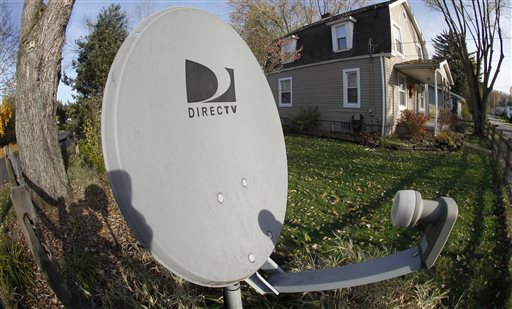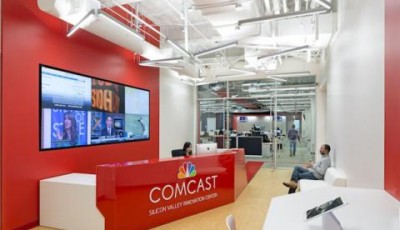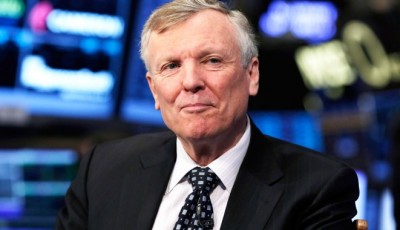FCC head recommends AT&T-DirecTV deal creating biggest cable or satellite TV
Following an article this evening by The Wall Street Journal’s Thomas Gryta stating that AT&T (T) was about to get approval for its $49 billion purchase of DirecTV (DTV), the Federal Communications Commission issued a statement saying that it approval is being “recommended”. A majority of the five member commissionwill have to formally approve the deal, which faces numerous conditions that attempt to create a greater public interest for consumers.
In May 2014, AT&T announced its plans to buy DirecTV, a move to expand its television service presence nationally and enhance its buying power vs. TV networks that are demanding higher fees for their programs.
AT&T has also led the outrage – and legal pushback – among Internet companies and others who object to the FCC’s landmark 3-2 decision this spring to sweep broadband Internet service under its regulatory oversight.
The FCC approval would come three months after the agency frowned on another blockbuster combination – Comcast’s now withdrawn proposal to take over Time Warner Cable.
DirecTV does not now offer Internet service.
That’s because regulators were concerned that a bigger Comcast would have had too big a chunk of the country’s high-speed Internet customers, which are seen as the future of the industry. He said the company will be required to submit reports outlining how it handles data from online companies, including those that supply video competing with its U-verse television offerings. It would make one of the nation’s largest telecommunications companies much larger, adding almost 40 million video customers.
The conditions, Wheeler said, including guarantees from AT&T on expanding its fiber-to-the-home as well as an agreement not to exclude its own video services from data caps on its home broadband connections. During the last few weeks, AT&T’s attorneys and FCC officials have been discussing what commitments that AT&T will be asked to make to roll out high-speed Internet service in more communities.
The FCC will also require “an independent officer to help ensure compliance with these and other proposed conditions”.
The FCC has become concerned about the potential of fights over such traffic agreements, called “interconnection” deals, to disrupt service for consumers. Comcast eventually dropped its bid.
In March, AT&T executives told The Dallas Morning News that the DirecTV acquisition would be part of the company’s strategy to focus more on business customers. Going on the assumptions that these parameters for the deal are endorsed by all parties, that AT&T and DirecTV will keep their promises, and that the FCC will ultimately approve the merger, this could be a victory for all key stakeholders, including consumers.












